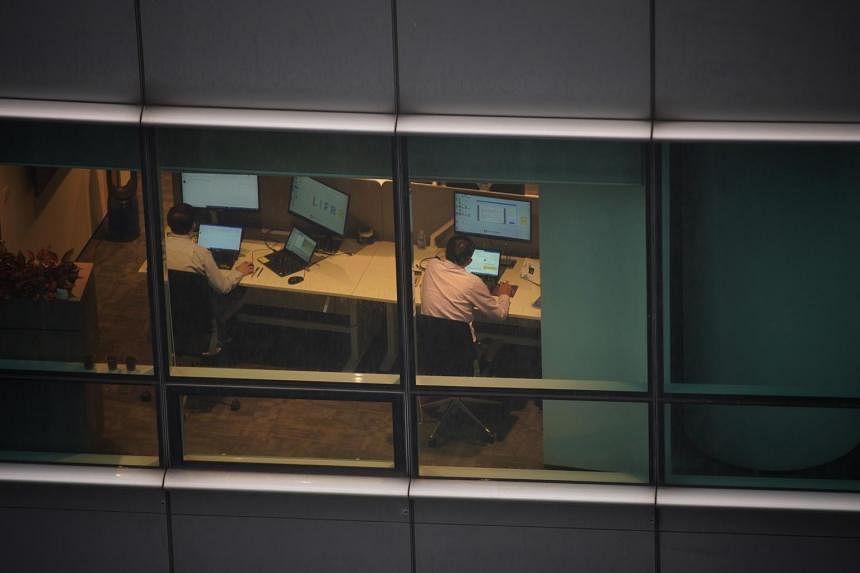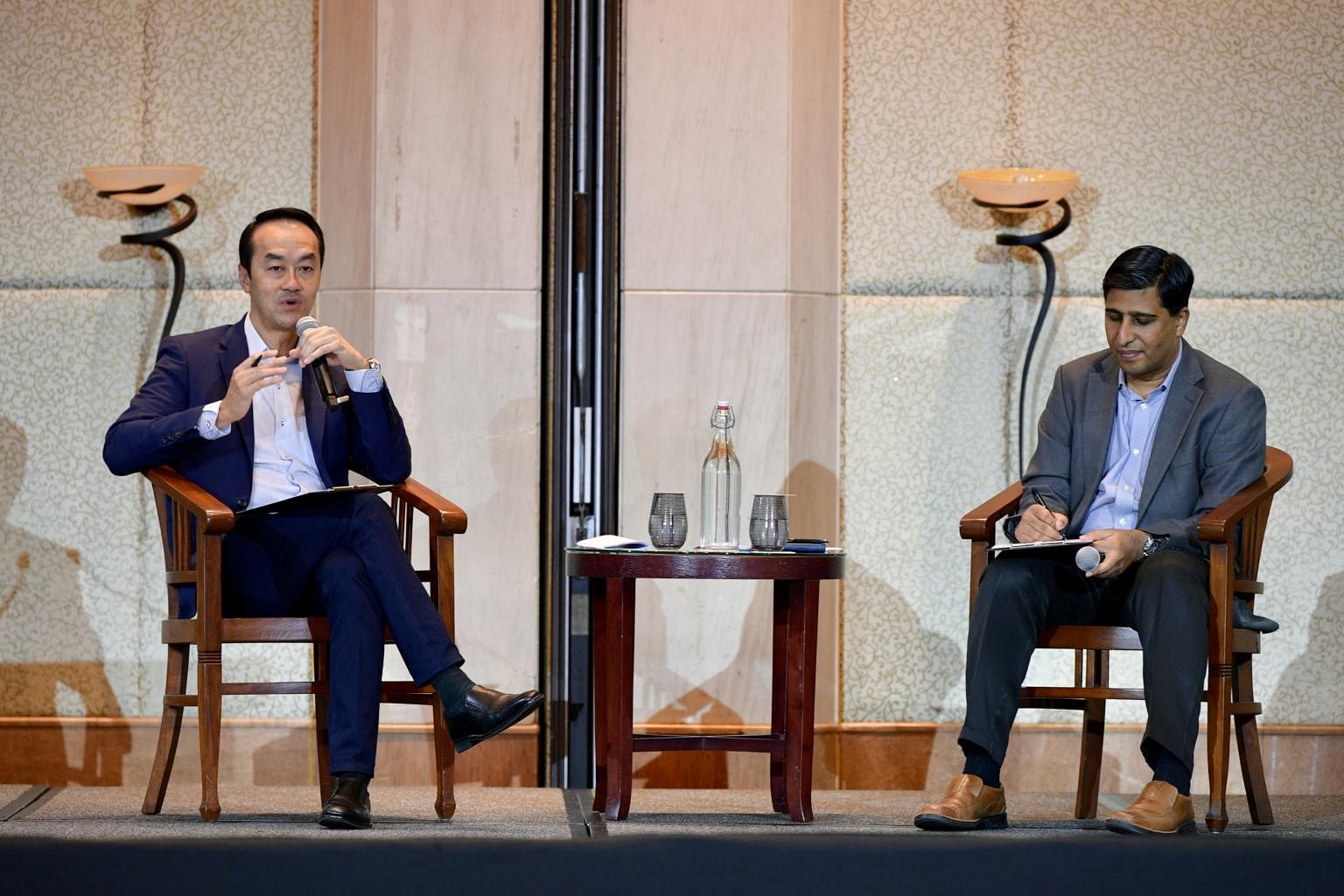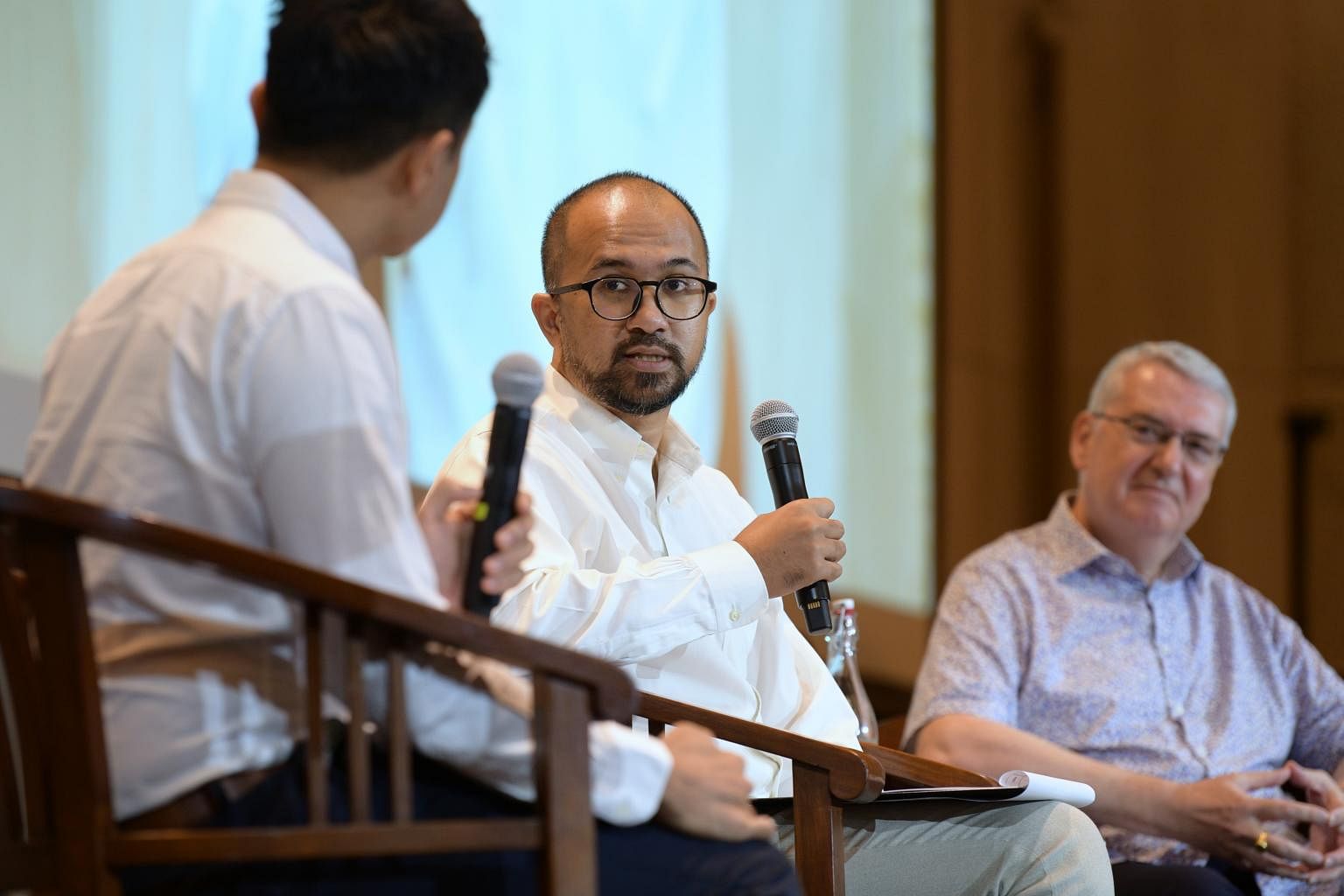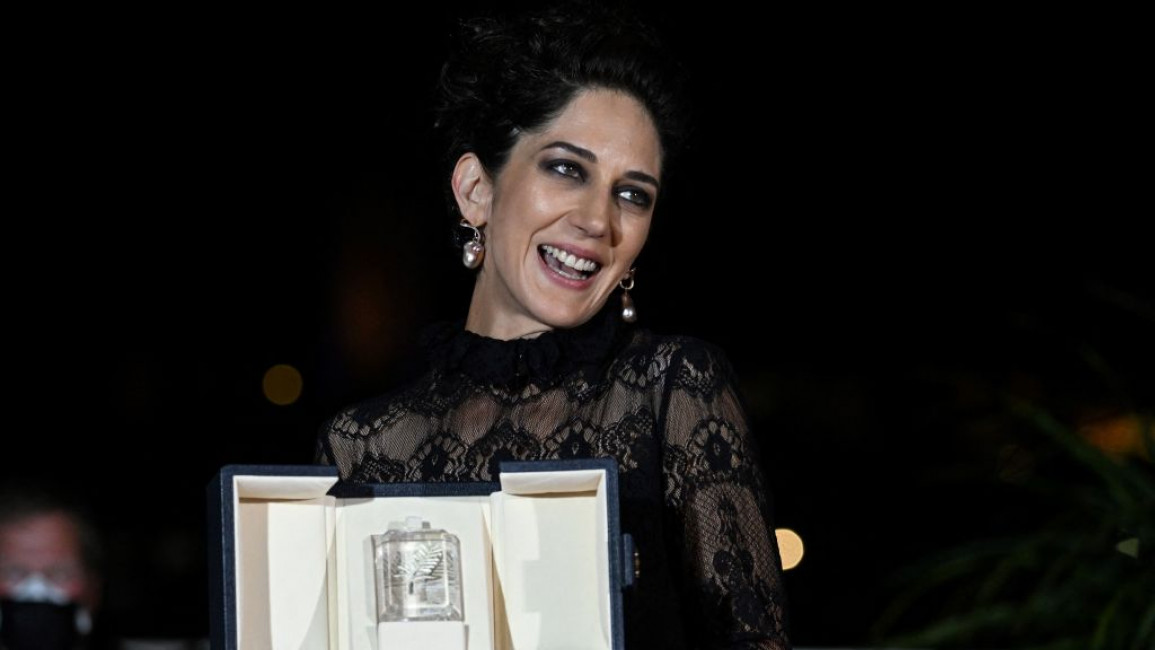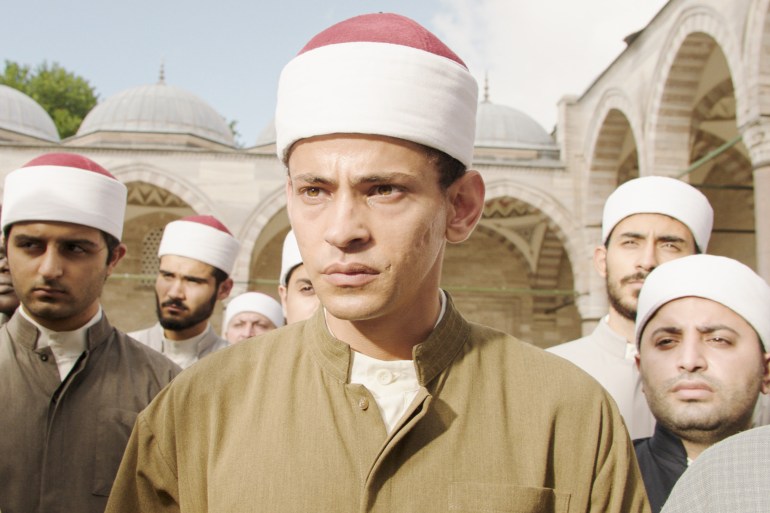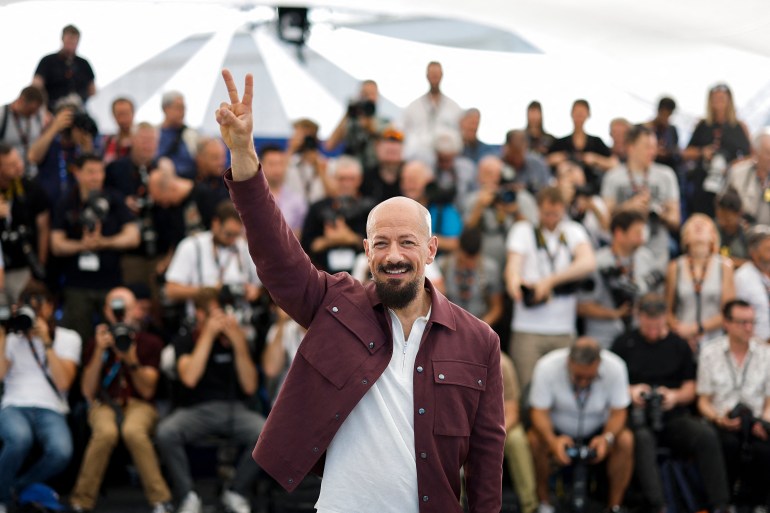Franz Kafka predicted Fox News — but even he might have been shocked
If we show our children pictures of enemies with "sharp pointed teeth," Kafka told us, they "run into our arms"
By RONALD H. DAVIDSON
PUBLISHED MAY 28, 2022

Paranoia sells, and Rupert Murdoch's Fox News enterprise likes to scare the hell out of its viewers for fun and profit if there's good money to be made — especially when it's got skin in the game. But this time the political stakes are much higher than usual: America's future as a democracy is on the line.
Witness the obsessive preoccupation at Fox with the "great replacement" theory, as if hyping such a transparently fabricated existential crisis to its targeted demographic — that is, mostly older white conservatives — was purposely intended to raise doomsday anxiety levels in a gullible audience, the sort of viewers long conditioned to interpret events in a conspiratorial framework. Following the twisted path of this racist creation myth to its origins reveals a provenance that stretches well beyond Tucker Carlson's nightly pitch to his loyal fans, many of whom share a collective fear that the traditional barriers intended to keep certain groups of others outside and out of sight are no longer working as expected.
Fox is running in a crowded field of competitors in the faux-paranoid theme park that it's been meticulously ginning up over the years — hanging with a deeply weird array of QAnon rubes, white supremacists, Christian nationalists, Trumpian dead-enders and similarly motivated co-conspirators — all of them working overtime to push an agenda of racist fear and animus. One tragic consequence of their deadly stimulus project recently played out in a Buffalo supermarket.
Still, for all its high-volume flailing, the Fox hype machine is mostly amateurish stuff, a perverse riff on Donald Trump's side-hustle con involving an American Wall, one that promised his cult of MAGA pawns to keep the threatening hordes of invasive species permanently excluded on the other side. At root, it's a protocol for ensuring dominance and control of the public spaces that define every element of American culture; more ominously in the short term, it's also a mobilizing electoral strategy now fully embraced by one of the two major American political parties.
For a guided tour of this paranoid mindset from a true connoisseur of the art of cynical manipulation, though, one needs to turn to Franz Kafka, whose story "The Great Wall of China," written in 1917, offers prescient psychological insights into the storyline being performed on Tucker Carlson's show any night of the week.
"Against whom was the great wall to provide protection," Kafka asked, adding that there were no genuine threats besides the terrifying portraits in "the books of the ancients," which served the emperor's purposes by conjuring up atrocities committed by malicious outsiders, enemies whose "sharp pointed teeth … will crush and rip to pieces" the peaceful citizens living behind the Great Wall. "When children are naughty, we hold up these pictures in front of them," Kafka wrote in his century-old warning memo to us, "and they immediately burst into tears and run into our arms."
Franz Kafka, meet Tucker Carlson (and friends).
Replacement theory and CRT set up a target-rich environment of Black people, Jews, Muslims, LGBTQ folks and immigrants who can be portrayed as mortal threats to the fantasy world of white supremacy.
Joining the reception line are a coterie of like-minded race-baiting provocateurs and conspiracy-mongers littered throughout cable news shows and the darker social media corners of the internet. Replacement theorizing — along with its kissing cousin "critical race theory," another imaginary playmate at Fox — offers a useful platform for this loose confederation of proto-fascist trolls to practice their specialized craft, setting up a target-rich environment of Black people, Jews, Muslims, LGBTQ folk, feminists and foreigners of all kinds (well, non-European ones, anyway). Think of their nihilistic search-and-destroy mission as a Kafkaesque effort to discover hidden enemies — even imaginary ones will do, in a pinch — who can be portrayed as mortal threats to the fragile fantasy world at the core of white supremacists' self-deluding ideology.
Granted, the more respectable members of this confederacy may suffer brief moments of panic when one of their unhinged followers becomes a breaking news story, as when it turned out that the alleged Buffalo shooter's 180-page manifesto acknowledged that the bloody rage-killings were live-streamed online as a self-promoting "act of terrorism," a fantastical infomercial intended to prevent white people from succumbing to "replacement."
Put another way, when a lethal mode of performance art seizes control of the public stage, demanding that attention be paid to its incoherent rhetoric of virulent hate, Fox and friends get as nervous as the Wizard of Oz (right before Dorothy's little dog Toto pulls back the curtain on the sad old man working the gears). Rupert Murdoch's media magic quickly loses its persuasive charms if folks get too close a look at the inner workings of the cynical manipulation machinery.
Following Buffalo, the unanticipated exposure of the machine's source code may explain the peak hysteria coming from the primetime players at Fox, who have frantically scrambled to deny that they share any responsibility for inspiring and/or inflaming one of their (ahem) crazier viewers to violently act on his paranoid fantasies about replacement theory. "Goodness, who knows where he might have picked that nonsense up. It must have been antifa!"
Arguably, the Trump-organized mob actions of Jan. 6, 2021 — performed live on the steps of the U.S. Capitol as a theatrical rehearsal for fascism — differed in terms of the number of actors taking part in the patriotic cosplay drama (and the body count at the end of the day). Nonetheless, that staged event was produced and directed with essentially the same motivational goals as the alleged Buffalo shooter: Capture the attention of an aggrieved audience; play upon their sense of resentment and victimhood; engage them in the urgent task of redeeming the country from their godless enemies; justify the use of violence as legitimate political discourse in the service of an imaginary version of "our America."
Despite such temporary program interruptions, things at Fox News quickly settle back down to a normal daily routine of partisan demagoguery and fear-mongering, though carefully re-coded just enough to allow for some degree of plausible deniability, at least until the next mass shooting (or perhaps a seditious insurrection) breaks out.
We are now entering uncharted territory, a place far beyond the familiar era of earlier forms of institutionalized racism in America — back when segregated schools, employment and housing discrimination, mortgage redlining and gated communities served as more structured (that is, less overtly chaotic) mechanisms for excluding certain others from participating in the public square. No less oppressive, such exclusionary traditions seem almost quaint by contrast now that the façade has fallen away, revealing an apocalyptic vision of the new authoritarian political agenda, which makes no pretense about its core beliefs and anti-democratic intentions (including a hair-trigger readiness for organized violence, if needed).
Years before the killings in Buffalo, an American president once stood in front of other mourners in a Black church and sang "Amazing Grace," a poignant moment signaling what the country was then only reluctantly coming to understand about itself: There are no safe spaces left in the once-shared public squares of our communities: Not in churches, synagogues or mosques; not in elementary school classrooms or high school corridors; not in women's health clinics; not in workplaces; not on public street corners.
In Buffalo, a grieving Black woman told a CNN reporter about the far deeper emotional scars the shootings left on her shattered community. "We didn't have much, and you took what was left," she said, as if speaking to the killer. "Now our safe space has been infiltrated and taken from us."
Present-tense domestic terrorism may appear different from earlier versions, but the logic of its embedded racist code is the same that motivates white supremacist politics everywhere and always.
Such domestic terrorism may appear different in form than earlier versions, often relying on the lone-wolf-deranged-gunman mythology to distract public attention from questions of broader political accountability, but the logic of its embedded racist code is still rooted in the covert agenda motivating white supremacist politics everywhere and always.
Southern trees bear a strange fruit
Blood on the leaves and blood at the roots
Black bodies swinging in the southern breeze
Strange fruit hanging from the poplar trees
If in the present era the Ku Klux Klan has traded in its bedsheets for military camo gear and morphed into the heavily militarized Proud Boys, their implicit message has just been repackaged as something that generally gets a pass from the morally flexible content standards of primetime Fox News, Facebook and Twitter: say, for example, replacement theory.
The chant of "Jews will not replace us," shouted by a Tiki-torch-carrying mob of fascist wannabes during the 2017 Unite the Right demonstration in Charlottesville — where Donald Trump saw "good people on both sides" — was an early harbinger of the emerging and rebranded white nationalist movement, freed at last from the political closet by a different sort of president, one who surely wouldn't know the words to "Amazing Grace." Apart from a few minor setbacks, including a failed insurrection and some indictments for seditious conspiracy, it's been a bull market ever since for replacement theory and the cynical Fox News con artists who peddle it 24/7.
When a significant element of the political culture tolerates (and even encourages) a racist discourse that reduces certain groups to the status of invasive species — implying that such persons ought to be "weeded out," one way or another — the shared public square in a democratic society is no longer safe for anyone. Stoking racial and class fears to produce a sense of paranoid resentment and faux victimhood may be an effective political technique in the short-term, assuming that its practitioners simply don't care about the longer-term existential sustainability of the society, but it reveals the moral cognitive blindness motivating the authoritarian impulse for power at any cost.
Kafka understood this sort of cynical fear-mongering when he warned us about it a hundred years ago. If he could offer us some political consultation today, it might be simply this: "Paranoia does not seem to be a bug in this system that you are describing; it's quickly becoming a feature. Please stop before you destroy yourselves."

